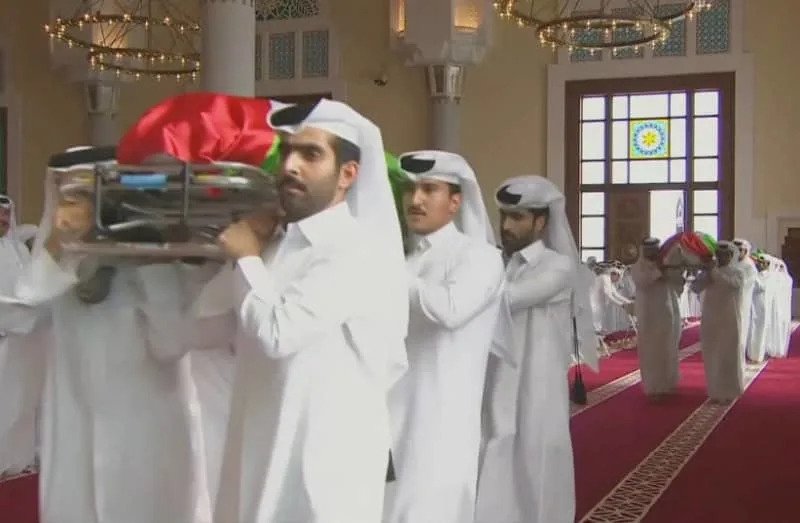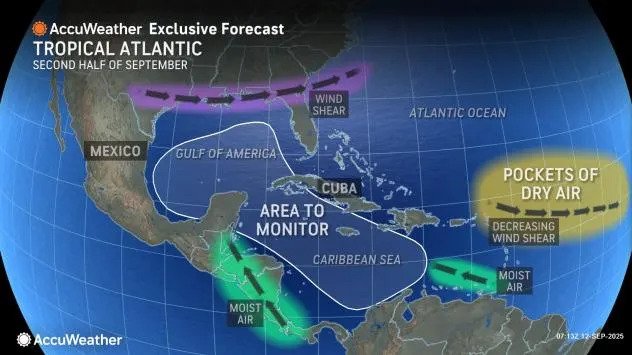Russia-Ukraine peace talks are “more on pause” than they are active, the Kremlin said Friday, in an acknowledgement that confirms what Ukraine has been warning for months – negotiations are faltering despite a push from US President Donald Trump.
“The channels of communication exist and are established; our negotiators are able to use them to communicate. However, at the moment, it’s fair to say things are more on pause than active interaction,” Kremlin spokesman Dmitry Peskov told reporters during a regular briefing call. “It’s important not to wear rose-tinted glasses or expect that the negotiation process will deliver lightning-fast results.”
“I want to remind you of President Trump’s own words: at first, he thought it could be settled quickly, but later realized it would take more time,” Peskov said, adding that Russia “remains committed to pursuing peaceful dialogue.”
It comes as Ukraine has repeatedly warned that Russia is not genuinely interested in peace and accused Russian President Vladimir Putin of using negotiations to buy more time for his economy and war effort.
Ukrainian leader Volodymyr Zelensky said Friday that “everything possible must be done to take money away from Russia’s war machine,” as he thanked the United Kingdom for a new sanctions package targeting Moscow’s shadow fleet of oil tankers and its military supply chains. Japan also imposed further sanctions on Russian companies on Friday and joined the countries implementing a price cap on Russian oil, which aims to reduce the Kremlin’s revenue.
“This is the only way to stop Russia and end this war,” Zelensky added.
The Trump administration’s efforts to broker a peace deal and engage directly in talks with Putin have so far amounted to nothing substantial.

Russia has continued to ramp up attacks on Ukraine, including on civilians, even as Putin met with Trump in Alaska and glad-handed other US officials.
This week, tensions reached a new level as NATO fighter jets scrambled to shoot down multiple Russian drones that violated Polish airspace on Wednesday.
And Russia launched its largest-ever aerial assault on Ukraine last weekend, after which the head of Ukraine’s presidential office, Andriy Yermak, reiterated Kyiv’s long-held belief: “Putin understands only force and has no intention of stopping this war… Pressure on Russia must continue.”
Trump said on Friday that his patience with Putin was “running out fast.”
He once again previewed the possibility of hitting Russia “very hard” with a second phase of sanctions against Moscow but offered no timeline for imposing additional measures.
Administration officials previously told CNN the president is growing increasingly frustrated with the lack of tangible progress in peace talks to end the war. At the same time, Trump is facing more pressure from the Senate to move forward with sanctions.
“I think Russia is playing, they’re really playing us like a piano right now,” North Carolina Sen. Thom Tillis, the co-chair of the Senate NATO Observer Group, said earlier this week.
“(Putin has) gotten everything he wanted; he’s gotten access to the president, he’s getting a red-carpet reception, three weeks later he’s getting a red carpet reception from Xi Jinping and hanging out with Kim Jong Un,” Tillis said, adding that the Russian leader’s goal is to “string us along.”
Emily Ferris, a senior research fellow at the Royal United Services Institute (RUSI), a British think tank, said acknowledging that peace talks are “on pause” is new language from the Kremlin, but it fits into an old narrative. Russia is trying to paint Ukraine as the unreasonable party in negotiations, Ferris said.
“And what you see really, since the Alaska Summit, is maximalist demands from Moscow about territory that Ukraine is highly unlikely to give in to, or the Americans would be highly unlikely to tolerate,” she told CNN. “There’s no real reason for Russia to come to the table at all.”
“I think the Russians are sort of probing how far they can go with the Americans,” Ferris added. “They’re not quite sure what will trigger debilitating sanctions on Russia, because that is one of the last sticks that the Americans have.”
The Kremlin, meanwhile, has also cast blame on Europe for creating obstacles to peace.

But Moscow has openly rejected proposals from Kyiv’s European allies to contribute to a potential peacekeeping force in Ukraine if a ceasefire deal is finalized. Russian officials have repeatedly refused to countenance troops from any NATO country on Ukrainian soil.
Peskov on Friday also defended the joint military exercises that Russia is holding with Belarus this week, called Zapad-2025. The Kremlin spokesman said concerns about the exercises are due to Western Europe’s “openly hostile stance toward us” and “heightened emotions.”




